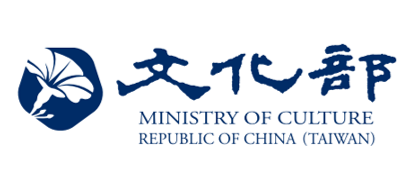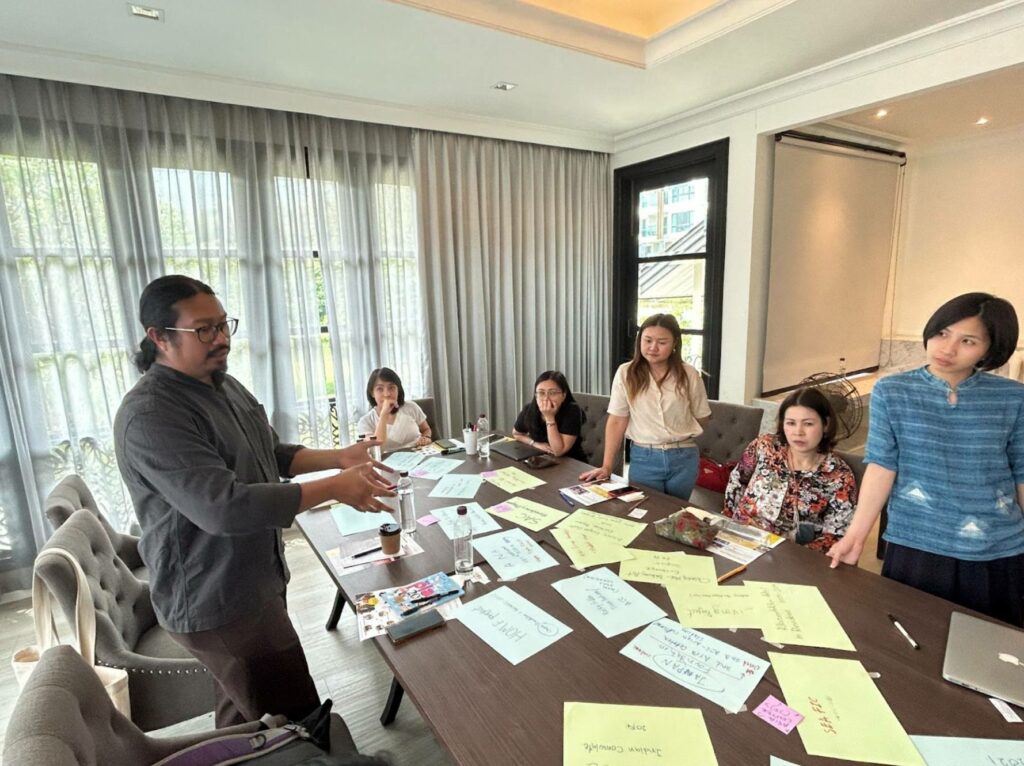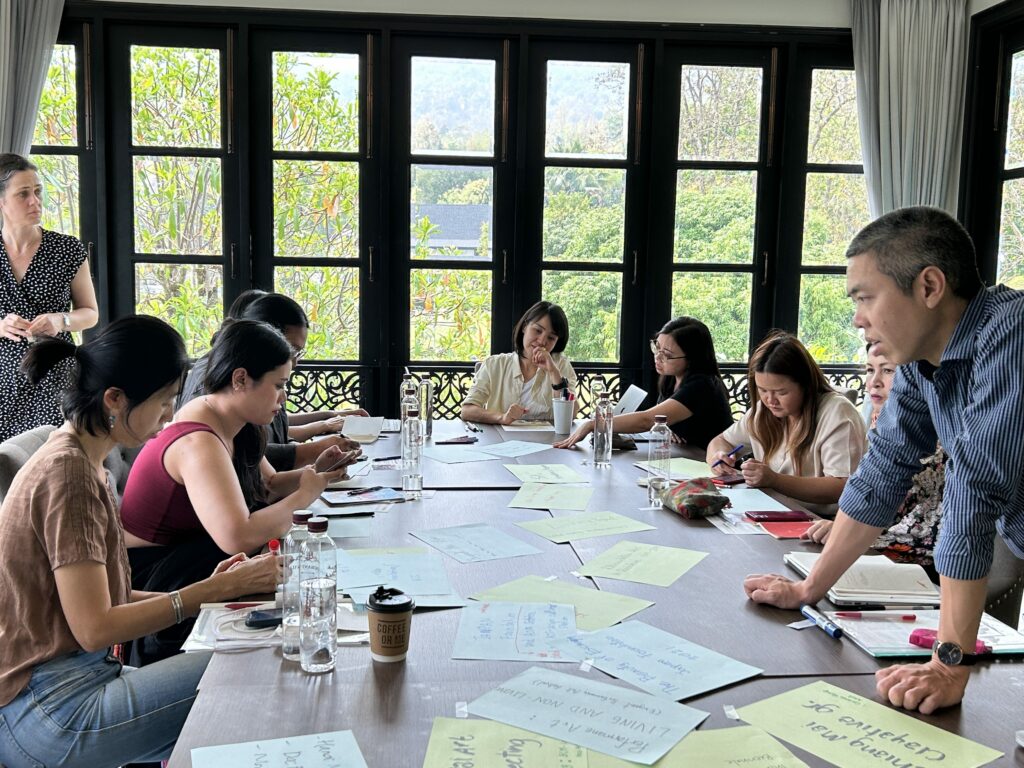Training Program: Proposal development
ABOUT THE PROGRAM
This is a practical training for individuals or organisations who have an arts project for which they are seeking support. The training aims to ensure participants understand what makes a good proposal and are better able to review and assess their own proposal writing. Applicants are required to submit a proposal of up to 1000 words, describing their project. This document will be used throughout the training.
ABOUT THE TRAINER
IMPORTANT INFORMATION
Anmol Vellani is a theatre director, writer, institution builder, curator, teacher and actor trainer. His writing and talks—on arts entrepreneurship, the creative economy, cultural policy, the role of grant-making foundations, culture and development, arts collaboration and the performing arts, for example—have reflected on the insights he has gleaned from his long engagement with the arts and philanthropy. Anmol is based in Bangalore and works mainly in India and Southeast Asia.
Participants
Frequently Asked Questions
What is the cost for this training?
Answer:
It’s subsidized by MCH so you don’t have to pay anything to take part.
As I understand, the second part of the training is the one-to-one consultation is more for the people who still have things to work on? Could you explain more about it?
Answer:
In the first part, you will have an opportunity to work more on the proposal you submitted with your application. Participants will learn from each other’s comments and the trainer will also give you suggestions and pointers to help you make your proposal more interesting and engaging. But we may not have the opportunity to go into every detail during the workshop. At the end of the first round, if you find that you’re still not quite satisfied with the work you have done on your proposal, or you feel you have questions that have not been fully addressed, or you lack clarity about some of the things we discussed, and you feel that a further conversation with the trainer might help, you should consider applying for the second round.
If you are offered a place in the second round, you might want to send the trainer in advance the particular questions or issues that you want to discuss with him. This will help you to get the most from the consultation session.
Do I need to already express interest in a one-to-one session in my application to join the training?
Answer:
You can do that, but it is not required. It is more likely that you will discover whether you need the follow-up session or not during the training/workshop sessions. If, however, you do decide to express interest in the consultation sessions in your application, it is also fine if you change your mind during the three days of training.
Will we work with a master plan of a proposal, i.e. a standard document that summarizes our project and its selling points, which we can customise for different submissions?
Answer:
No, the trainer’s approach is not to treat proposals as a formula but as an art form. We will explore different ways of writing a proposal. A proposal has various elements that can be brought together in different ways, depending on the nature of your project, for example, or the story you want to tell about your artistic motivation or perspective. You have to decide what elements to highlight in your proposal, what to leave out, and the order in which they should appear in the proposal. It is a good idea to leave yourself open to various possibilities. You should feel inspired to write about your project, and not treat it as a chore you must do to attract support for it. This increases your chances of infecting others with the enthusiasm that you yourself have for the work you want to do.
What is the expected outcome of the program?
Answer:
This training is really about improving your proposal writing skills. We hope that you will be able to further develop and refine the proposal that you have brought with you, but we don’t expect the training to help you perfect the proposal or even arrive at a finished version.
The proposals we will work on are supposed to be for ‘arts projects’. Could you give some examples of arts projects?
Answer:
Arts projects may include but are not limited to: developing a new performance or exhibition or film or any kind of art product, forging collaborations to create new artistic work, doing research or taking other steps to prepare for undertaking an arts project, curatorial projects in the arts, exchange between artists, heritage projects, arts appreciation or arts training projects.
Proposals that would not be eligible would include those focused on institutional development (including improving organizational capacity in fundraising, communication, financial management and leadership), advocacy for the arts, or opportunities for self-improvement, such as to strengthen personal artistic skills, secure higher education in the arts, or increase exposure to the arts.
A proposal for an arts project, does it mean the applicant must be an artist?
Answer:
You don’t need to be an artist to apply. People who promote and support the arts, such as people who manage artists or arts collectives, can apply. If you are someone working to advance the interests of artists, you can also apply for this training program.
Does it have to be a new proposal, or is it fine to submit a proposal for a project that has already been implemented?
Answer:
It can be a new proposal or a proposal that you have written in the past. If you choose a proposal that has already succeeded in securing funds, we could analyze what made it successful. But it would be more interesting if it’s a proposal that has failed to get funding, so that we can examine why that might have happened.
Do I already need to know who I will submit my proposal to and when?
Answer:
No. Your proposal may be intended for a particular donor or it may not. Both are fine. But if your proposal is meant for a known funder or has been written in response to a call for applications, it would be useful to include this information along with your application for this training program. Links to these details would be enough.
Will this training include techniques on completing frameworks commonly asked for from international development funders, for example, logical frameworks, theories of change or results based management tools?
Answer:
No. The training will not go into these types of approaches. The training will focus on using structure, language and storytelling to communicate the vision of your project and why it matters.
OTHER TRAINING PROGRAMS
PARTNERS & SUPPORTERS
This program is possible thanks to support of organisations and individuals including:


